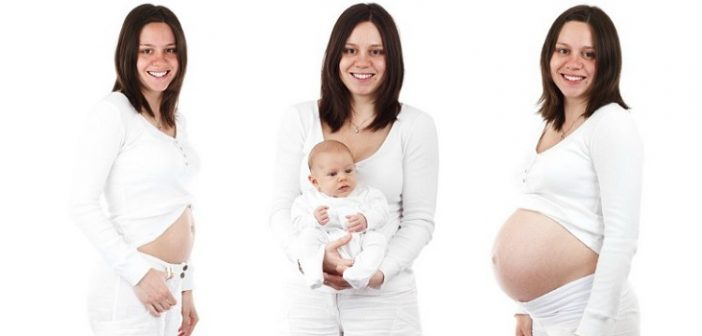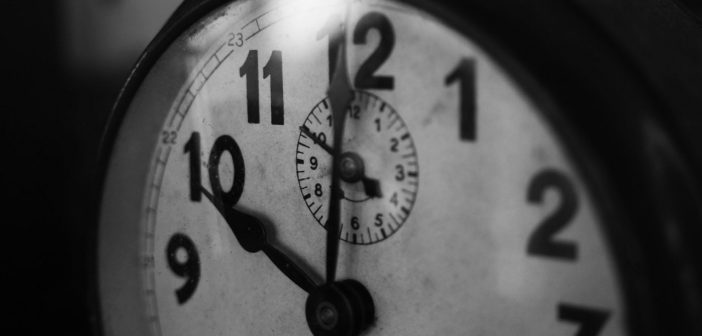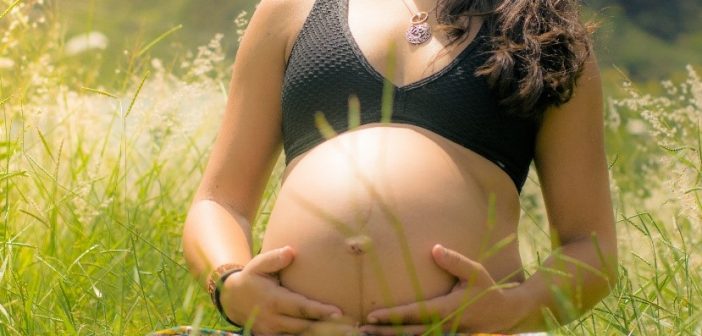In the present dynamic of modern life, pursuing a successful professional career often takes precedence over “settling down” and forming a family. However, our biological clocks don’t always go along with our plans -couples in their 30s and beyond can struggle with infertility and experience trouble conceiving. After trying to get pregnant naturally without success, you may be feeling restless about the future of your family. Fortunately, IVF using egg donation could be the solution for you.
Conception and infertility
Several conditions must be met for natural conception to be successful.For women, synchronization between the reproductive and endocrine systems,plus high quality eggs, are paramount. For men, a high sperm-count, high-volume and high-motility sperm with the right morphology are necessary. Last but not least, the endometrial lining of the uterus must provide an ideal environment for the development of the embryo – leading to a successful pregnancy.
If even one of these conditions are not met, it will result in fertility issues.
Unlike men, who are capable of producing sperm throughout their lives, women are born with all of the eggs they willever have. Only a fraction of those eggswill ever achieve maturity, and not allare capable of being fertilized/producing offspring. As a woman ages, thequality of her eggs deteriorates, further decreasing the chance of a successful conception.
Emotional rollercoaster
Being told that you won’t be able to conceive naturally using your own eggs can be very distressing. It can lead to states of intense anger, feelings of inadequacy, and depression. These emotions are completely normal, and emotional support plays a vital role in pushing through the hard times. Many couples and single women seek professional counseling to strengthen their support network. It is important to know that many others go through the same hardships and it’s nothing to be ashamed of.
The decision
Choosing IVF using donor eggs is in itself a life-changing decision, and a great opportunity to become pregnant for women who struggle with infertility. Coming to terms with the fact that your future child won’t share your genetic legacy is an important part of the process. This means dealing with and overcoming intense emotions like anxiety, and maybe even jealousy, which is completely normal.
Choosing a suitable donor
Once you and your partner have reached a decision, choosing a suitable donor is the next step. This process could last from a few weeks to several months, depending on your and your partner’s preferences. The donor can be someone close or related to you, or she can be chosen from a database of available donors provided by your fertility practice, egg bank or an Advanced Fertility Center.
You can choose your donor based on whatever characteristics you might deem important, such as physical appearance, familial medical history, ethnicity, education, and economic background.
It is important to have all the legalities in order regarding the rights of the donor, as well. If you opt for using frozen donor eggs, the donor egg bank takes care of this for you.
Fresh donor egg cycle
Sometimes, couples choose to use fresh donor eggs from a close friend or relative. If using this type of cycle, the donor is usually someone who’s local to your area and available at your convenience.
The donor’s ovaries are stimulated to produce several mature eggs at once.The eggs are then retrieved and fertilized with your partner’s or donor’s sperm, and the resulting embryo(s) implanted in your uterus.
It is important to note that this method, while offering marginally better success rates, is rather costly and the pool of available donors is usually more limited.
Frozen donor egg cycle
If you opt for using frozen donor eggs, you will have the chance to browse through a national egg donor database to find the most suitable donor for you. After your donor is chosen, her eggs are retrieved from storage and delivered to your clinic. From there, the process is the same as fresh eggs. The eggs are thawed and fertilized with your partner’s (or donor’s) sperm and implanted in your uterus.
A frozen egg cycle is significantly cheaper than a fresh egg cycle. The eggs are quickly and easily obtained – and any necessary medications required for the donor are already factored into the cycle cost.
The moment of truth
After implantation, you will have a waiting period of about 2 weeks. During this time, it’s vital to prepare yourself for the outcome. Anxiety and anticipation are common emotions and can be handled with proper counseling and strong emotional support. With age, the risks are higher, but these risks are mitigated by the quality of the donor egg. After 15-17 days, you return to your fertility clinic where an hCG pregnancy blood test is administered to confirm the pregnancy.
Our lives don’t always play out like on TV, but every woman deserves a chance at happiness and family. Thanks to the ongoing refinement of IVF technologies, many couples, and single women are enjoying the bliss of motherhood. Believe and take heart in the wise words of “The Fosters” Sherri Saum:
“DNA doesn’t make a family… love does.”







What a very informative post on fertility. I had no idea. I love the baby bump!
Sorry, hit reply too quickly. 2 million egg cells seem like so many. I can’t believe it goes down to 25%!
This is great information for people struggling with fertility. I can’t believe only 25% of eggs remain by puberty, that’s way less than I thought!
Men should note, though, that fertility does decrease with age. Children of older fathers are also more likely to have mental health or developmental problems. So age matters for both parents. Nature simply intends younger couples to procreate.
I had a friend who struggled with infertility. It was heartbreaking. I love that you wrote a more hopeful story.
This is good info to know. Glad that there are man options.
Meant many options
I love stories of hope. I know some people who struggle with this and spent so much money but eventually gave up. This is informative,
It is amazing there are so many things you can do to help you get pregnant. I will have to share this post with my friend that has been trying to get pregnant for a few years now.
A very informative article for women who are having difficulty with pregnancy. I would like to explore the option of freezing my eggs till I am ready for pregnancy.
Wow that was pretty neat to read about the egg count for a female and how much it is reduced by the time we hit puberty! I definitely won’t ever use mine (not a fan of “cleaning smooshed veggies off the floor” LOL) so it only makes sense that I look into helping others.